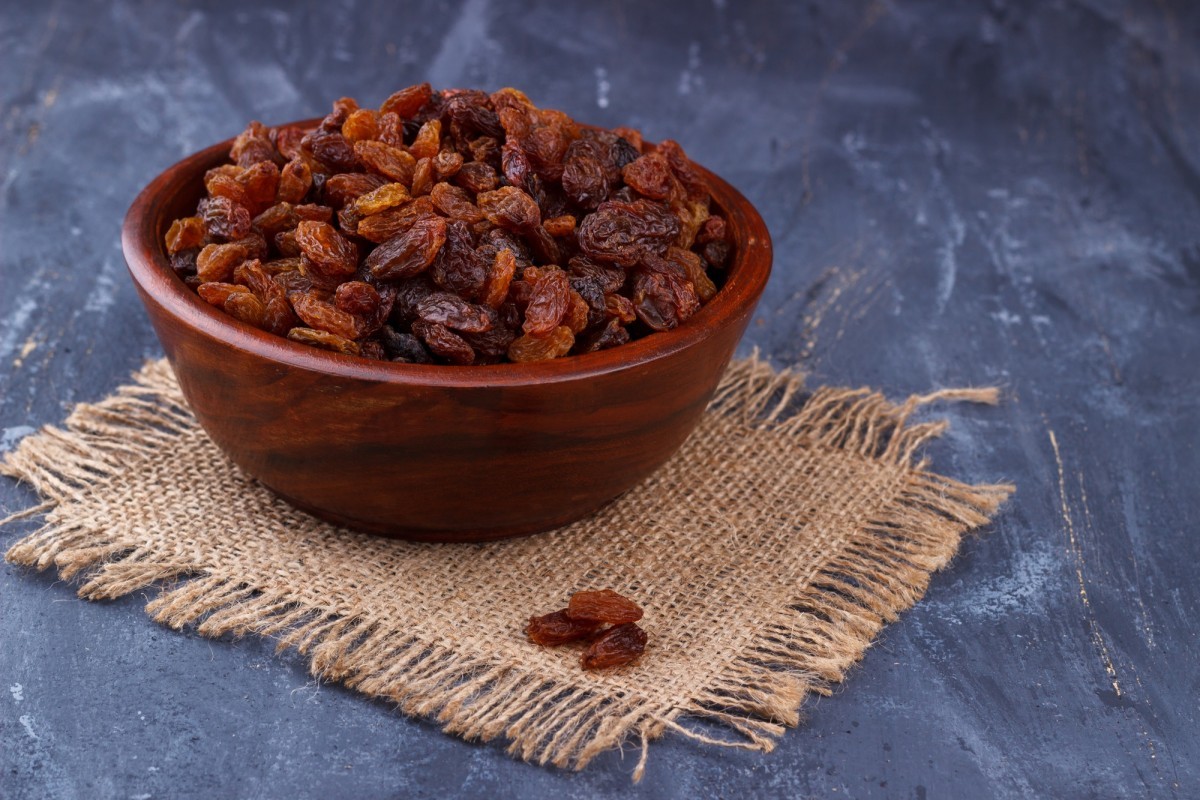- Gin-soaked raisins have gained popularity as a home remedy for arthritis, with many people claiming that this peculiar concoction can provide relief from joint pain and inflammation. The concept involves soaking raisins in gin for an extended period, allowing the fruit to absorb the alcohol. While there is limited scientific evidence to support this remedy, many individuals swear by its effectiveness. In this comprehensive guide, we will explore the origins of gin-soaked raisins, the proposed mechanisms behind their alleged health benefits, and the current scientific research surrounding this controversial topic. So, let’s dive in and examine whether gin-soaked raisins are a myth or a potential health remedy for arthritis.
- To understand the origins of gin-soaked raisins as a remedy for arthritis, we need to delve into the history of this folk remedy. The practice is believed to have originated in the Netherlands, where juniper berries were soaked in gin to create a medicinal tonic. Over time, the recipe evolved, and raisins replaced the juniper berries due to their sweetness and availability. The remedy gained popularity in the United States during the 1990s when radio personality Paul Harvey discussed it on his show. Since then, gin-soaked raisins have been adopted by many individuals seeking alternative treatments for arthritis.
- Advocates of gin-soaked raisins propose various mechanisms to explain their potential health benefits for arthritis. One theory suggests that the combination of raisins and gin may have anti-inflammatory properties. Raisins contain several compounds, including polyphenols and flavonoids, which possess antioxidant and anti-inflammatory effects. Additionally, juniper berries, the original ingredient in the Dutch tonic, are rich in antioxidants that may contribute to the alleged benefits. Furthermore, alcohol itself is known to have mild anti-inflammatory properties when consumed in moderation.
- Another proposed mechanism revolves around the potential analgesic effects of gin-soaked raisins. It is suggested that the raisins, when soaked in gin, may absorb small amounts of juniper oil, which contains compounds known as terpenes. Terpenes have been shown to have analgesic properties and can help alleviate pain. However, it should be noted that the amount of terpenes absorbed by the raisins is likely to be minimal.
- While the anecdotal evidence supporting the use of gin-soaked raisins for arthritis is abundant, scientific research on this topic is scarce. Currently, there is a lack of high-quality clinical trials or studies specifically examining the efficacy of this remedy. The limited research available tends to focus on the potential health benefits of individual components found in gin-soaked raisins rather than the remedy itself.
- Nevertheless, some studies have shed light on the potential therapeutic effects of the individual ingredients. For example, research has demonstrated the antioxidant and anti-inflammatory properties of polyphenols and flavonoids found in raisins. These compounds have been associated with a reduced risk of chronic diseases and may play a role in mitigating inflammation. Similarly, juniper berries have shown promise in animal studies for their potential anti-inflammatory effects. However, it is important to note that these studies were not conducted using gin-soaked raisins specifically.
- It is also worth mentioning that gin-soaked raisins come with potential risks and considerations. First and foremost, alcohol consumption, even in small amounts, can have detrimental effects on certain individuals, especially those with liver disease, certain medications, or a history of alcohol abuse. Additionally, raisins are calorie-dense and contain natural sugars, which can be a concern for individuals with diabetes or those watching their calorie intake. Therefore, it is crucial to consult with a healthcare professional before starting any new regimen, particularly if you have underlying health conditions or are taking medications.
- In conclusion, while gin-soaked raisins have been hailed by many as a home remedy for arthritis, the scientific evidence supporting their efficacy is limited. The proposed mechanisms behind their alleged health benefits are based on the individual properties of raisins, juniper berries, and alcohol, but specific research on the remedy itself is lacking. Nonetheless, the antioxidants and anti-inflammatory compounds present in raisins and juniper berries may offer potential benefits for arthritis. As with any alternative remedy, it is important to approach gin-soaked raisins with caution, considering individual health conditions and consulting with a healthcare professional. Further research is needed to determine the true efficacy of this folk remedy, and until then, it is advisable to explore other evidence-based treatments for arthritis.
Latest posts by Anastasia Filipenko (see all)
- Delta 8 Disposable Cartridges By Just Delta-Bubble Gum Bliss: A Galactic Adventure with Just Delta’s Delta 8 Disposable Cartridges! - March 13, 2024
- Transformer Marijuana Strain - September 23, 2023
- Mean Misty Marijuana Strain - September 23, 2023

